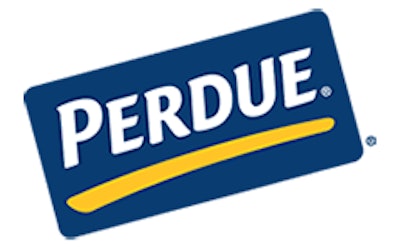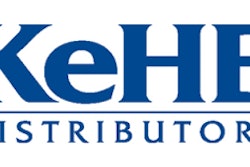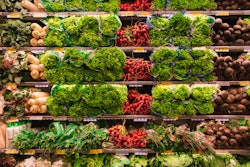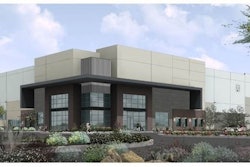
As part of the company’s ongoing commitments to animal care, Perdue Farms is leading the industry in raising chickens with outdoor access and has recently expanded its free-range product offerings under its Perdue Harvestland label.
Building on the company’s leadership as the number-one producer of organic chicken in the country, Perdue achieved its goal to provide outdoor access in 25% of its chicken houses by January 2020. Reaching this latest milestone in the company’s animal care journey secures Perdue as the total leader in raising chickens with outdoor access.
“We are constantly addressing not only the needs of our chickens but also their wants. This includes providing them with the freedom and environment to express normal behavior,” said Dr. Bruce Stewart-Brown, DVM, Diplomat of the American College of Poultry Veterinarians and senior vice president of live production and technology innovation for Perdue Farms. “In our experience, encouraging natural activity for our chickens is a component to maintaining their overall health. We believe there is a correlation between chickens raised with outdoor access and producing a better chicken for the consumer.”
Perdue family farmers converted nearly 700 chicken houses from conventional growing operations to meet free-range standards, including adding windows, environmental enrichment, and safe outdoor access the vast majority of which the company subsidized.
“Perdue is leading the way among the top poultry producers when it comes to raising the bar on the treatment of chickens,” said Josh Balk, vice president of farm animal protection at the Humane Society of the United States. “Nearly 200 food companies from fast food to family dining to foodservice have committed to exclusively sourcing chicken meat from farms that meet higher welfare standards. Perdue is doing the right thing while gaining a competitive advantage. In the meantime, other major producers aren’t making improvements and are even resisting progress. They’ll lose out in the marketplace as Perdue meets the demand for a better way of farming.”
“Reaching this goal is an important milestone in our animal care journey and for our company. As we celebrate our 100 anniversary this year, free-range practices harken back to when Arthur and Pearl Perdue raised chickens literally in the backyard of their now-iconic farmhouse,” said Gudjon Olafsson, vice president of marketing at Perdue Farms. “Nearly half of all consumers would like the meat department of their grocery stores to carry more free-range items*. We’re answering that call by significantly expanding the free-range offerings under our popular Perdue Harvestland brand the first coast-to-coast offering of its kind – and available nationally in grocery stores, supercenters, and online.”
As part of Perdue Farms’ commitment to transparency, the company is adding a QR code to all Perdue Harvestland products that, when scanned, will tell the story of the family farm(s) and farmers who contributed to growing the food in each package.
“Consumers increasingly desire more transparency behind where their food comes from, which includes the people and processes behind their food,” added Olafsson. “We couldn’t do what we do without the dedication of our farm families, and we’re proud to highlight their efforts and individual stories in connection to the food they help produce.”
Perdue Farms offers free-range and organic chicken products under its Perdue Harvestland and Perdue SIMPLY SMART ORGANICS labels. All Perdue chickens are raised with no antibiotics ever, no hormones or steroids added**, hatched, raised, and harvested in the USA, and fed an all-vegetarian diet with no animal by-products.
The company details progress toward its goals and targets in its annual Company Stewardship Report, and during its annual Animal Care Summit.
*Food Marketing Institute: The Power of Meat 2019 **Federal regulations prohibit the use of hormones or steroids in poultry.


















